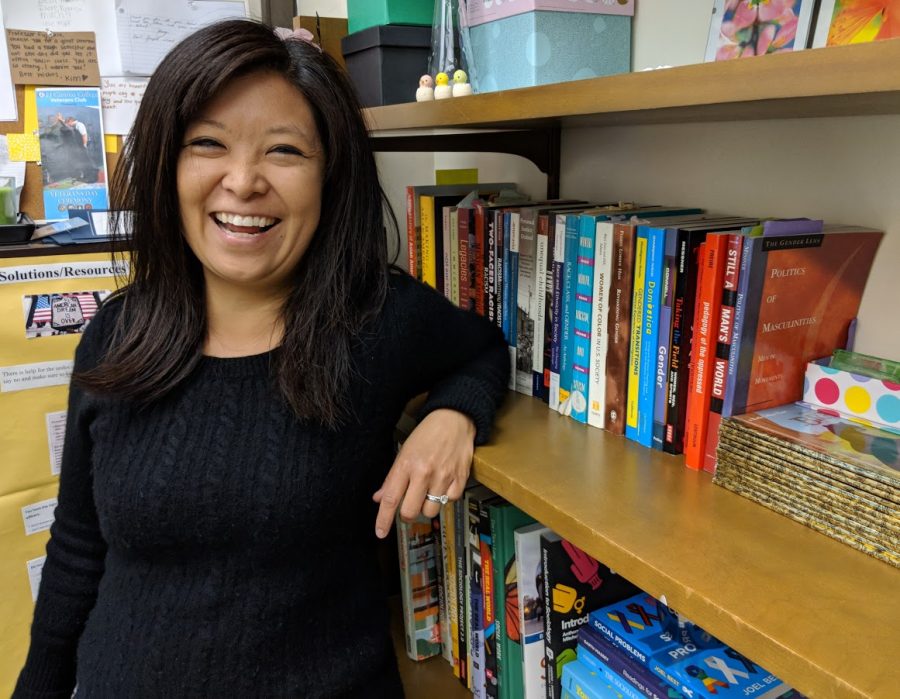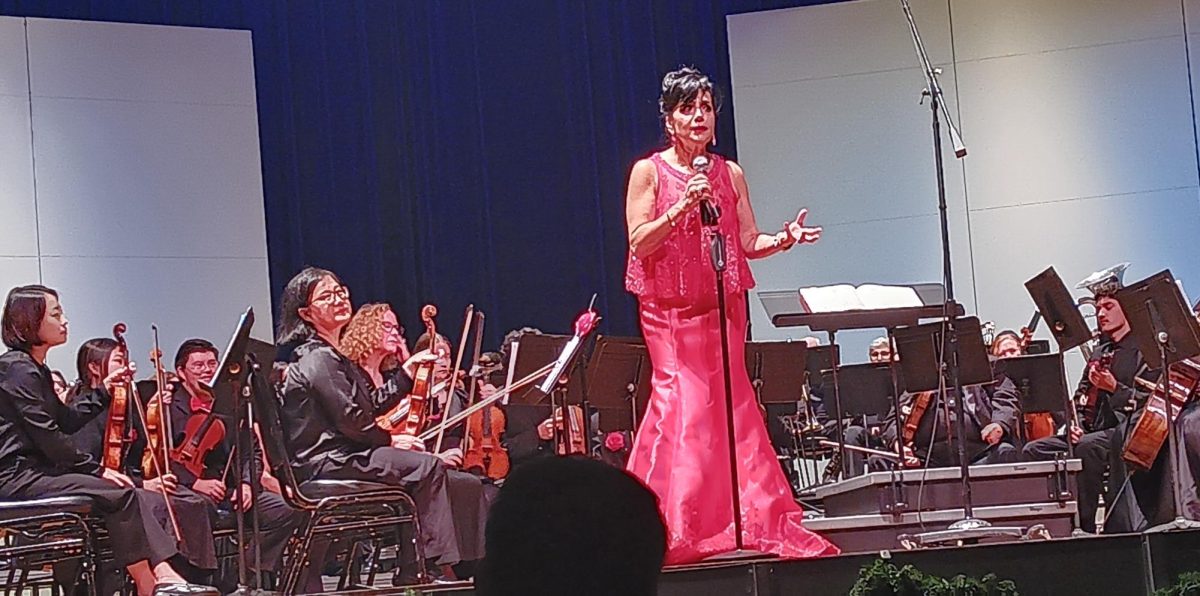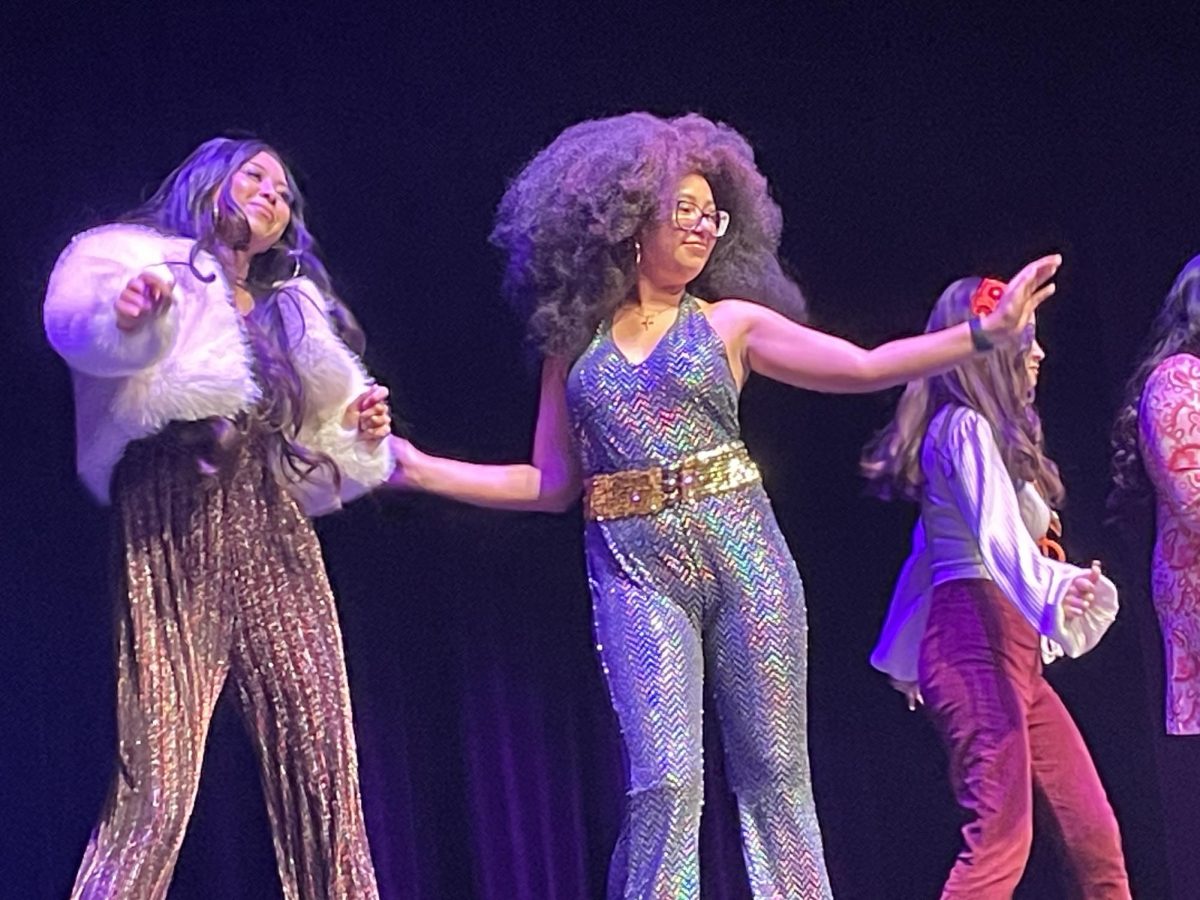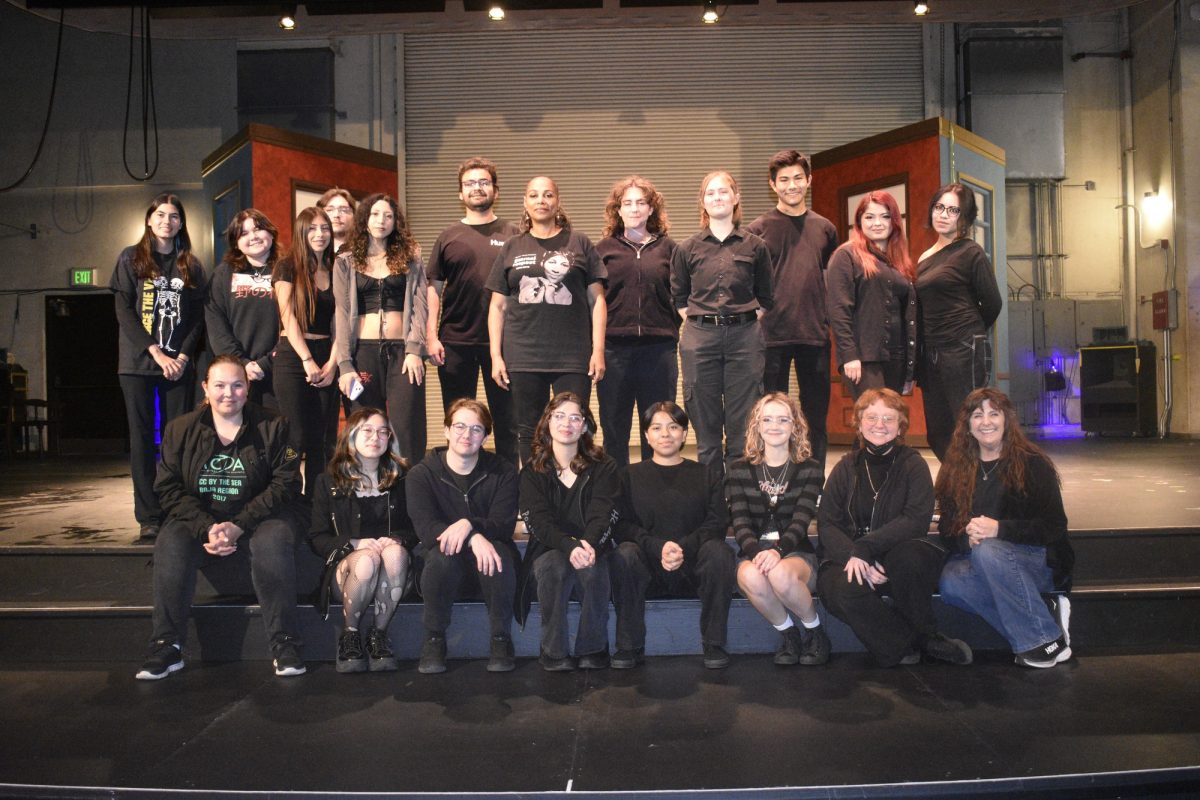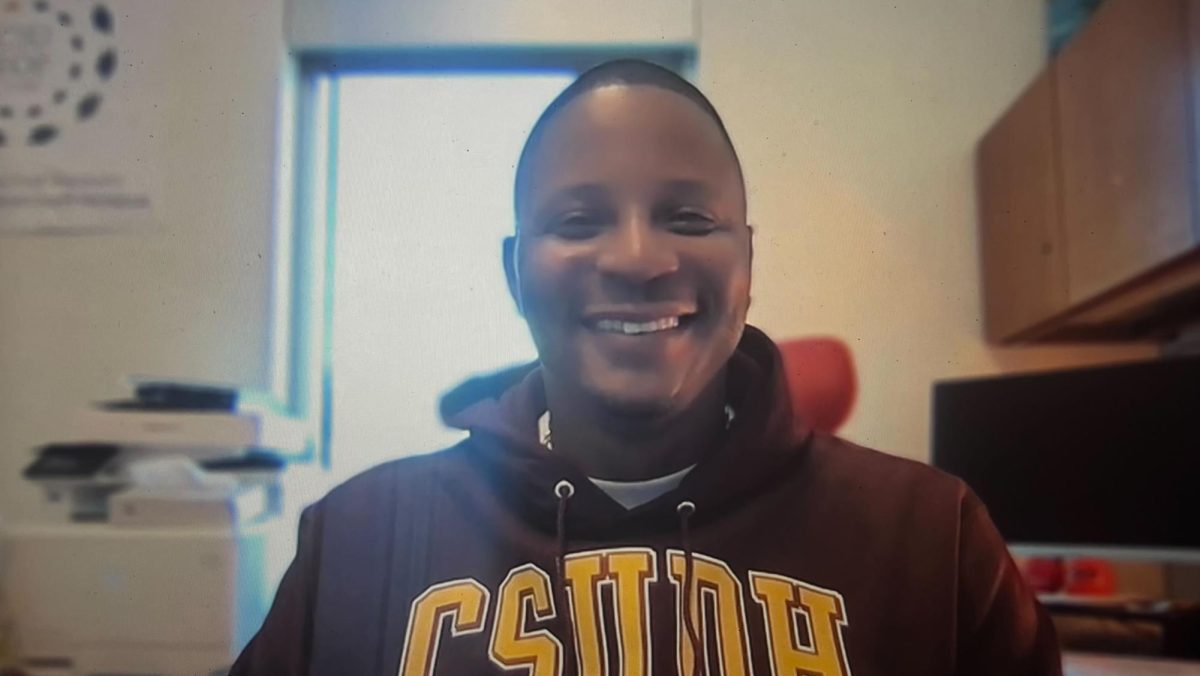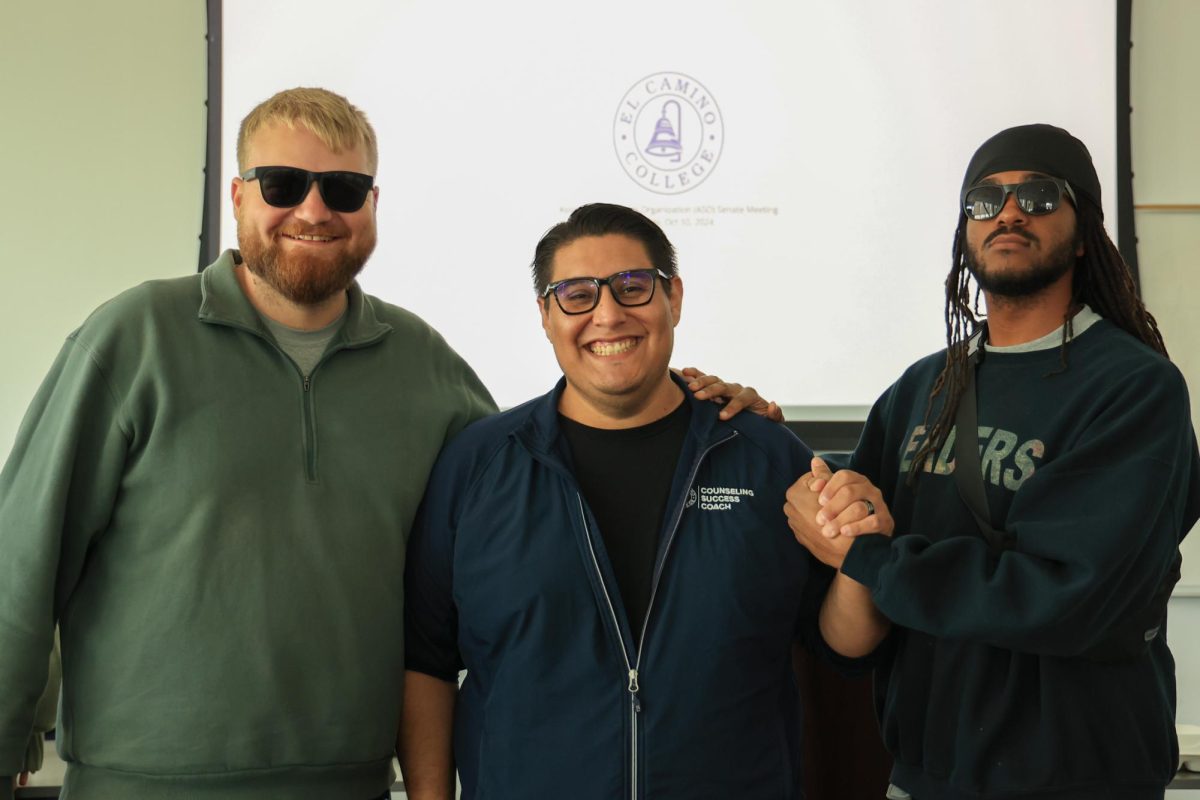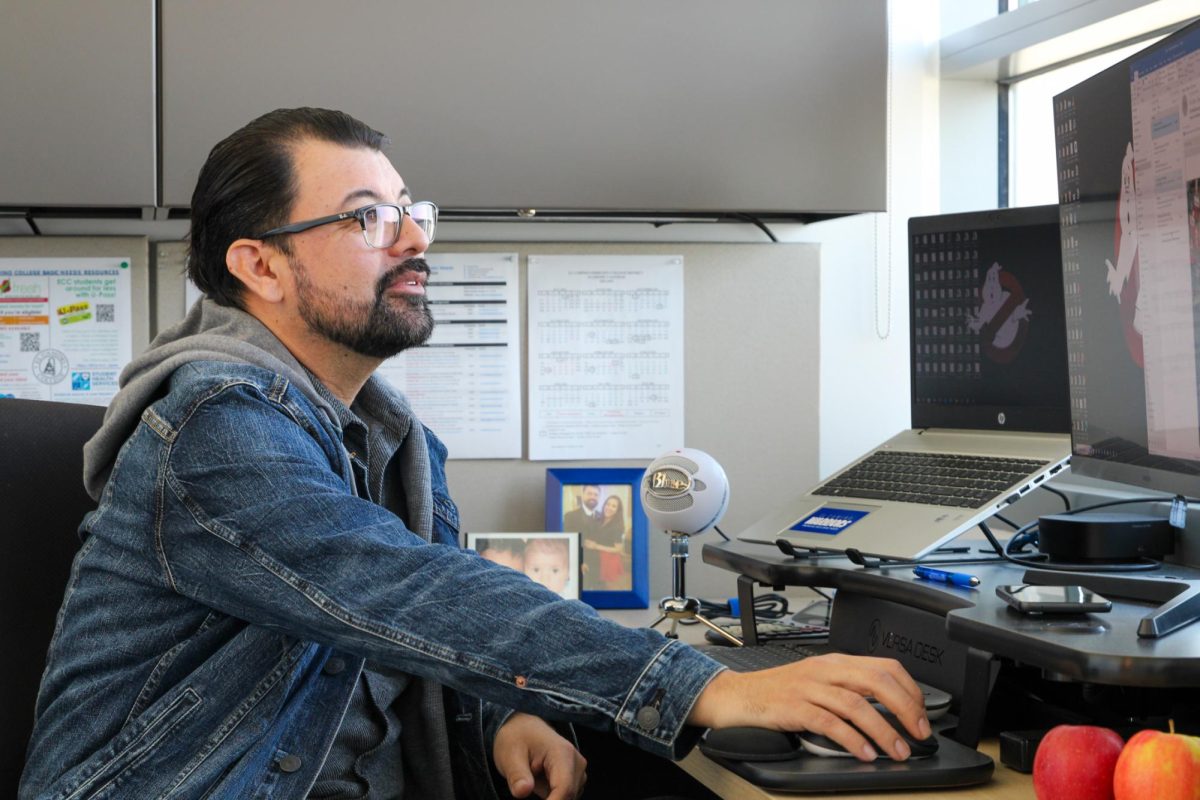March is Women’s History Month, and Dr. Melissa Fujiwara, a women’s studies professor at El Camino College, wants her students to know that women’s studies is not just for women.
“We live in a society that envisions something like women’s studies as being something that’s just focused on women,” Fujiwara said. “Really it’s about gender; it’s about the gender order, it’s about how we reproduce the gender order, (and) how we contest the gender order.”
She added that having a class centered around deconstructing and analyzing gender can be very empowering for both women and men.
“It’s kind of exciting to see students realize, ok, it’s not me, but this is sort of how our society is structured,” Fujiwara said. “You can see and sense that feeling of empowerment.”
21-year-old physical therapy major Ruby Ortega said that taking Fujiwara’s women’s studies class has bettered her understanding of how parents teach their children gender.
“I never noticed how parents have a big impact on us when we’re younger, in regards to gender roles,” she said.
Ortega added that while she has always felt the effect of gender inequality, men could stand to gain some perspective via women’s studies.
“I think it’s extremely important for men take women’s studies. Mainly because of masculinity; I feel like some men are blinded by it,” Ortega said. “When a guy takes women’s studies, he thinks just as much as we do in regards to gender.”
Professor Stacey Allen also teaches women’s studies at El Camino College, and says that the field wasn’t always as focused on masculinity as it is today.
“Initially it was called women’s studies for a reason, because it was truly focused on women’s experiences,” Allen said. “But we’re at this cultural moment examining masculinity because of women’s studies. Looking at masculinity now and examining toxic masculinity and its impact on people who identify as men, perpetuation of patriarchy and everything else; that wouldn’t have happened without women’s studies.”
To Fujiwara, seeing her students become more aware of the institutional nature of gender is inspiring.
“I love being able to teach about these concepts, because I feel like it helps to put a name to these really seemingly personal experiences,” Fujiwara said.
Fujiwara said that Women’s History Month highlights the experiences and accomplishments of women, but that she hopes it also puts the spotlight on the work that needs to be done every day to achieve social equality.
“It’s very important that we do it in a way that doesn’t falsely universalize women’s issues,” Fujiwara said, “but that we draw attention to the multiplicity and intersectional needs and issues and experiences of all women.”




